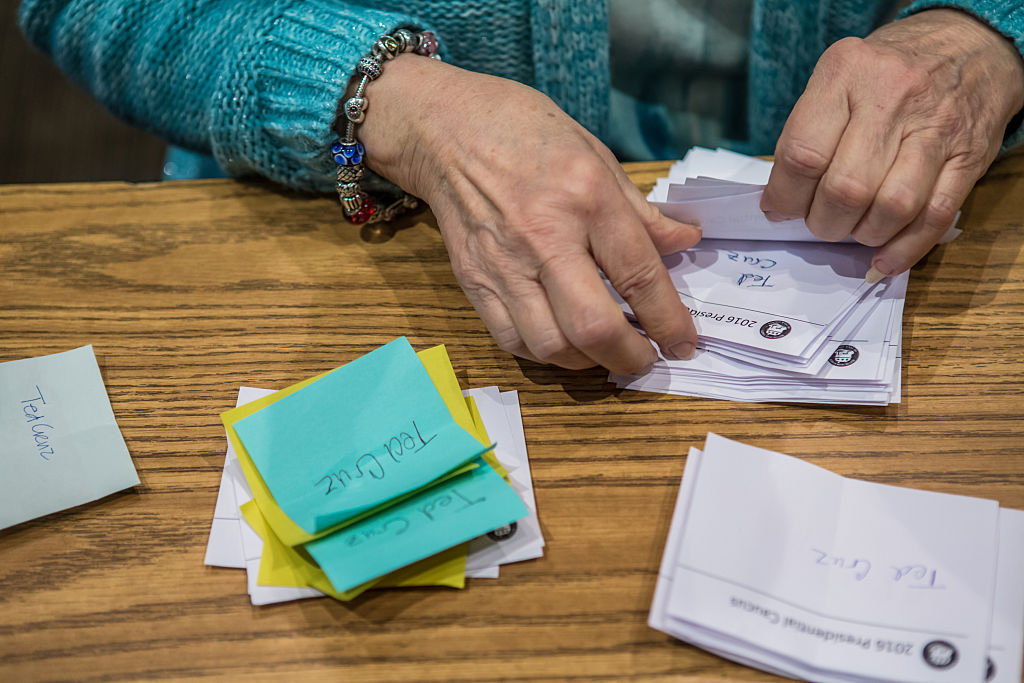DNC will reportedly reject Iowa and Nevada's vote-by-phone 'virtual' caucus plans. Iowa isn't thrilled.


A free daily email with the biggest news stories of the day – and the best features from TheWeek.com
You are now subscribed
Your newsletter sign-up was successful
Earlier this year, the Democratic National Committee required that state parties open their caucuses to a broader range of voters, especially those unable to attend caucus gatherings, and in June, the DNC's Rules and Bylaws Committee gave conditional approval to plans for Iowa and Nevada to hold "virtual" caucuses that allow Democrats to call in their votes. Now, the DNC will recommend those plans be rejected due to security and hacking concerns, The Associated Press and the Des Moines Register report.
If the Rules and Bylaw Committee agrees and rejects the plans, that leaves little time to come up with and implement a new system before Iowa's first-in-the-nation primary vote on Feb. 3. In fact, the Register reports, it could endanger Iowa's coveted electoral pole position:
The virtual caucus plan also was intended to work with New Hampshire, which follows Iowa in the presidential nominating process and has long balked at any changes that make Iowa's caucuses look too much like its primary.New Hampshire law allows its secretary of state to change the date of its primary so that it precedes any other state's primary by at least one week. As long as Iowa holds a caucus and doesn't veer too far into primary territory, it can maintain its coveted position as "first in the nation" .... If Iowa can’t come up with a plan for people to participate without being physically present that differs substantially from a primary, the future of Iowa’s first-in-the-nation status could be thrown into question. [Des Moines Register]
The DNC has said it will approve or reject each state's primary plan by Sept. 13. Jim Roosevelt, chairman of the Rules and Bylaws Committee, told AP there are security concerns about the virtual caucus proposals, but didn't rule out some form of remote participation. Iowa's first-in-the-nation status isn't actually that old, the Regiester's Kathie Obradovich explains below, but it is jealously guarded. Peter Weber
The Week
Escape your echo chamber. Get the facts behind the news, plus analysis from multiple perspectives.

Sign up for The Week's Free Newsletters
From our morning news briefing to a weekly Good News Newsletter, get the best of The Week delivered directly to your inbox.
From our morning news briefing to a weekly Good News Newsletter, get the best of The Week delivered directly to your inbox.
A free daily email with the biggest news stories of the day – and the best features from TheWeek.com
Peter has worked as a news and culture writer and editor at The Week since the site's launch in 2008. He covers politics, world affairs, religion and cultural currents. His journalism career began as a copy editor at a financial newswire and has included editorial positions at The New York Times Magazine, Facts on File, and Oregon State University.
